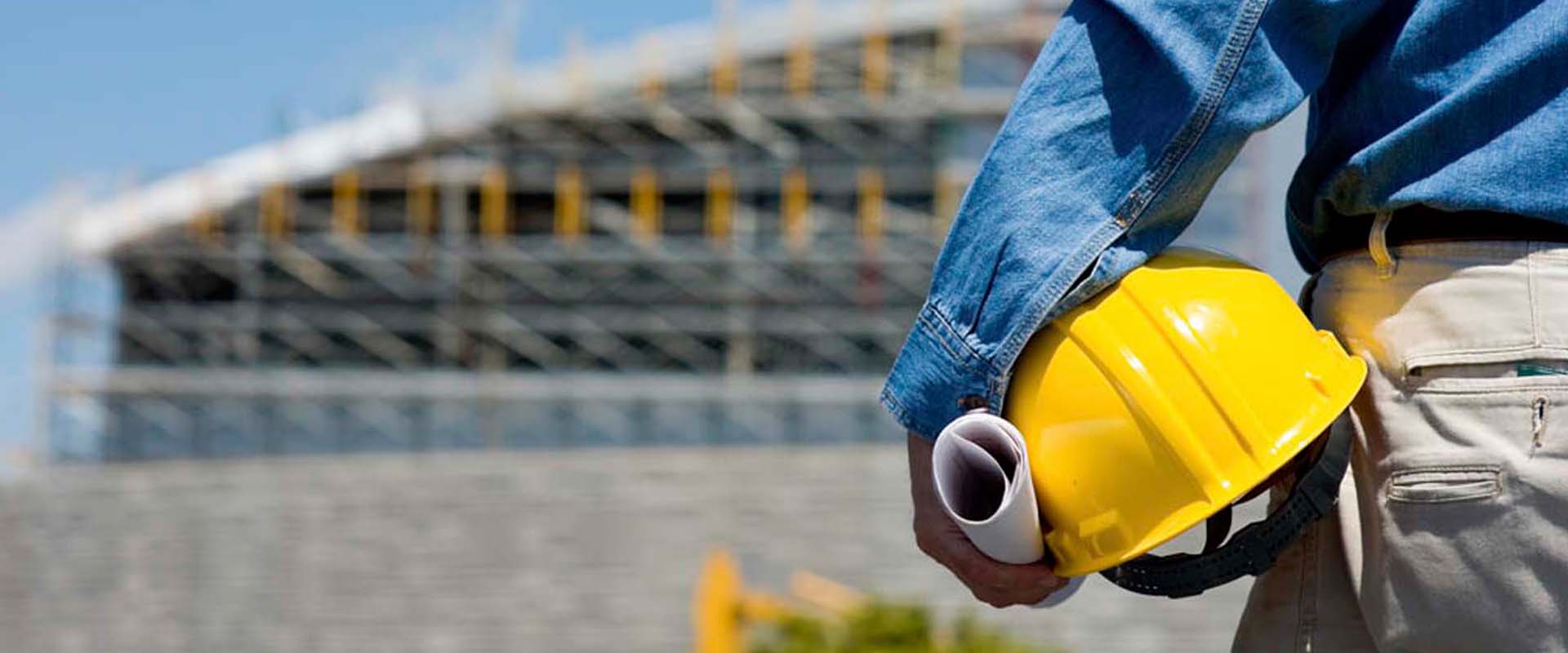Appellate Court Orders Publication of Lease-Leaseback Decision, Making it Binding Precedent

June 2017
Number 32
On May 31, 2017, the First District Court of Appeal ordered publication of its decision in California Taxpayers Action Network v. Taber Construction, Inc. et al.(2017) 12 Cal.App.5th 115 (Taber), which upholds the validity of a lease-leaseback arrangement. This reversed the court's initial decision not to publish the case. Publication of the Taber decision means that it serves as citable precedent upon which school districts and others may now rely.
In Taber, the Court of Appeal reviewed the validity of a lease-leaseback arrangement that was challenged on the grounds that it did not comply with Education Code section 17406, the lease-leaseback statute covering school districts. Agreeing withMcGee v. Balfour Beatty Construction, LLC (2016) 247 Cal.App.4th 235 (McGee), which was recently decided by the Second District Court of Appeal, the Taber court declined to follow the lease-leaseback holding ofDavis v. Fresno Unified School District (2015) 237 Cal.App.4th 261 (Davis) and to read Davis' "genuine lease" and "financing" requirements into the lease-leaseback statute. On the other hand, the Taber court did agree with both Davis andMcGee that allegations that a lease-leaseback contractor acted as an officer or employee of the school district when performing pre-construction services was sufficient to allow a conflict of interest cause of action under Government Code section 1090 to proceed to trial. (For further discussion of the Taber decision, see 2017 Client News Brief No. 23.)
While the Taber decision represents the second appellate court ruling that specifically repudiates the holding of Davis, it does not overrule that case, as one Court of Appeal cannot overturn the ruling of another. In the event a lease-leaseback challenge is brought in state court, a trial court has the option of applying McGee,Taber or Davis. A trial court, however, will ordinarily follow an appellate opinion from its own district even though it is not bound to do so, meaning that trial courts in the First and Second Appellate Districts (generally, the greater San Francisco and Los Angeles areas) may be more inclined to follow Taber and McGee, respectively, while trial courts in the Fifth Appellate District (generally, the Central Valley) may be more inclined to follow Davis. Until and unless the California Supreme Court weighs in, uncertainty may remain.
If you have any questions about the legality of lease-leaseback and which appellate court decision may apply to your project, or about other project delivery methods, please contact the authors of this Client News Brief or an attorney at one of our nine offices located statewide. You can also visit our website, follow us on Facebook or Twitter or download our Client News Brief App.
Number 32
On May 31, 2017, the First District Court of Appeal ordered publication of its decision in California Taxpayers Action Network v. Taber Construction, Inc. et al.(2017) 12 Cal.App.5th 115 (Taber), which upholds the validity of a lease-leaseback arrangement. This reversed the court's initial decision not to publish the case. Publication of the Taber decision means that it serves as citable precedent upon which school districts and others may now rely.
In Taber, the Court of Appeal reviewed the validity of a lease-leaseback arrangement that was challenged on the grounds that it did not comply with Education Code section 17406, the lease-leaseback statute covering school districts. Agreeing withMcGee v. Balfour Beatty Construction, LLC (2016) 247 Cal.App.4th 235 (McGee), which was recently decided by the Second District Court of Appeal, the Taber court declined to follow the lease-leaseback holding ofDavis v. Fresno Unified School District (2015) 237 Cal.App.4th 261 (Davis) and to read Davis' "genuine lease" and "financing" requirements into the lease-leaseback statute. On the other hand, the Taber court did agree with both Davis andMcGee that allegations that a lease-leaseback contractor acted as an officer or employee of the school district when performing pre-construction services was sufficient to allow a conflict of interest cause of action under Government Code section 1090 to proceed to trial. (For further discussion of the Taber decision, see 2017 Client News Brief No. 23.)
While the Taber decision represents the second appellate court ruling that specifically repudiates the holding of Davis, it does not overrule that case, as one Court of Appeal cannot overturn the ruling of another. In the event a lease-leaseback challenge is brought in state court, a trial court has the option of applying McGee,Taber or Davis. A trial court, however, will ordinarily follow an appellate opinion from its own district even though it is not bound to do so, meaning that trial courts in the First and Second Appellate Districts (generally, the greater San Francisco and Los Angeles areas) may be more inclined to follow Taber and McGee, respectively, while trial courts in the Fifth Appellate District (generally, the Central Valley) may be more inclined to follow Davis. Until and unless the California Supreme Court weighs in, uncertainty may remain.
If you have any questions about the legality of lease-leaseback and which appellate court decision may apply to your project, or about other project delivery methods, please contact the authors of this Client News Brief or an attorney at one of our nine offices located statewide. You can also visit our website, follow us on Facebook or Twitter or download our Client News Brief App.
Disclaimer: As the information contained herein is necessarily general, its application to a particular set of facts and circumstances may vary. For this reason, this News Brief does not constitute legal advice. We recommend that you consult with your counsel prior to acting on the information contained herein.




